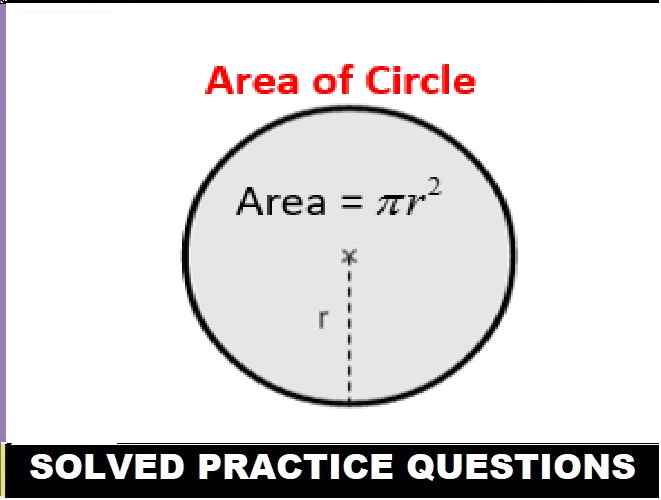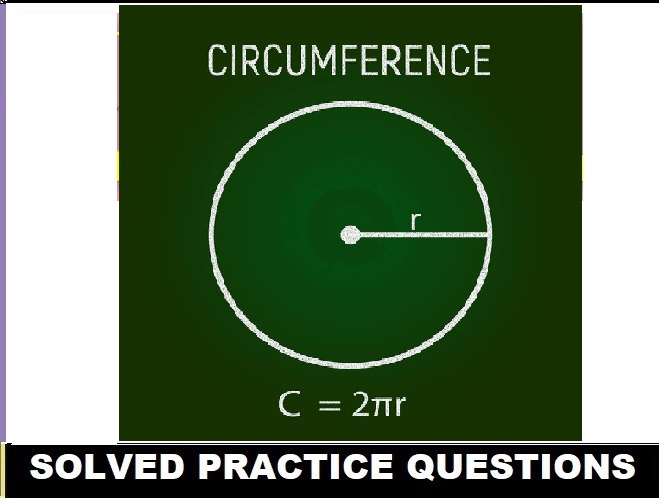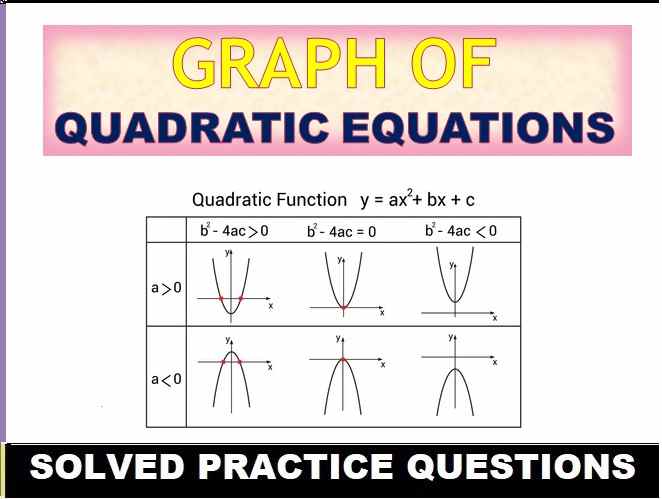Nootan Solutions Ch-16 Lenses Refraction of Light at Spherical Surface ISC Class-12 Physics Nageen Prakashan Numericals. Step by step Numerical Questions Solutions of Kumar and Mittal ISC Physics Class-12 Nageen Prakashan Numericals Questions. Visit official Website CISCE for detail information about ISC Board Class-12 Physics.
Nootan Solutions Ch-16 Lenses Refraction of Light at Spherical Surface ISC Class-12 Physics Nageen Prakashan
| Board | ISC |
| Class | 11 |
| Subject | Physics |
| Publication | Nageen Prakashan |
| Writer | Kumar and Mittal |
| Vol | 2nd |
| Book Name | Nootan |
| Chapter-16 | Lenses : Refraction of Light at Spherical Surface |
| Topics | Solution of Numericals Questions |
| Page-Number | 707, 708 , 709, 710 |
Nootan Solutions Ch-16 Lenses Refraction of Light at Spherical Surface
( ISC Class-12 Physics Nageen Prakashan Kumar and Mittal Numericals )
the important terms related refraction in concave and convex lenses:
- Centre of Curvature: The centre of the actual glass sphere, of which your lens forms a part
- Principal Axis: When two spheres are part of your lens, it is the imaginary line joining the centres of curvatures of both spheres.
- Principal Focus: It is point on the principal axis, where light rays parallel to principal axis meet in case of a convex lens (or appear to meet after extrapolation in case of a concave lens).
- Optical Centre: It is a point within the lens where the diameter of the lens and the principal axis meet
- Focal Length: The distance between the focus and the optical centre
For any curved surface area,

This is the relation between object and image distance in terms of the refractive index of the medium and the radius of curvature of the curved spherical surface
Refraction by Lenses and Lens Maker’s Formula:
A lens is a homogeneous transparent medium bounded by two curved surfaced or one curved an one plane surface. The curved surface may be spherical, cylindrical or paraboloidal; but most of the surfaces are spherical.
Lens maker’s formula

From the Lens Maker’s formula, it is clear that for refraction of light through a lens that the focal length f also depends upon the radii of curvature R1 and R2 of its surfaces. For a double convex lens, R1 is positive and R2 is negative. This is why; the air bubble (whose surface is convex) behaves as a concave lens inside water.
The Gaussian form of lens equation or the thin lens formula

linear magnification

The linear magnification produced by the spherical lens is the ratio of the size of the image formed by the lens to the size of the object, both measured perpendicular to the principal axis.
Power (P) of a lens:-

Power (P) of a thin lens is equal to the reciprocal of its focal length (f) measured in meter. The S.I. Unit for the power of a lens is ‘Dioptre’.
Nootan Numericals Ch-16 Lenses Refraction of Light at Spherical Surface
( ISC Class-12 Physics Nageen Prakashan Kumar and Mittal Numericals )
Page-707, 708,709
Oue-1 to 30
Nootan Numericals Ch-16 Lenses Refraction of Light at Spherical Surface
( ISC Class-12 Physics Nageen Prakashan Kumar and Mittal Numericals )
Nootan Numericals Ch-16 Lenses Refraction of Light at Spherical Surface
( ISC Class-12 Physics Nageen Prakashan Kumar and Mittal Numericals )
Page-709, 710
Oue-31 to 63
—: End of Nootan Solutions Ch-16 Lenses Refraction of Light at Spherical Surface
Numericals :–
CONTACT FOR LIVE CLASSES -9335725646
Return to – Nootan Solutions for ISC Physics Class-12 Nageen Prakashan
Thanks



Are aage daldo sirji
all chapter completed